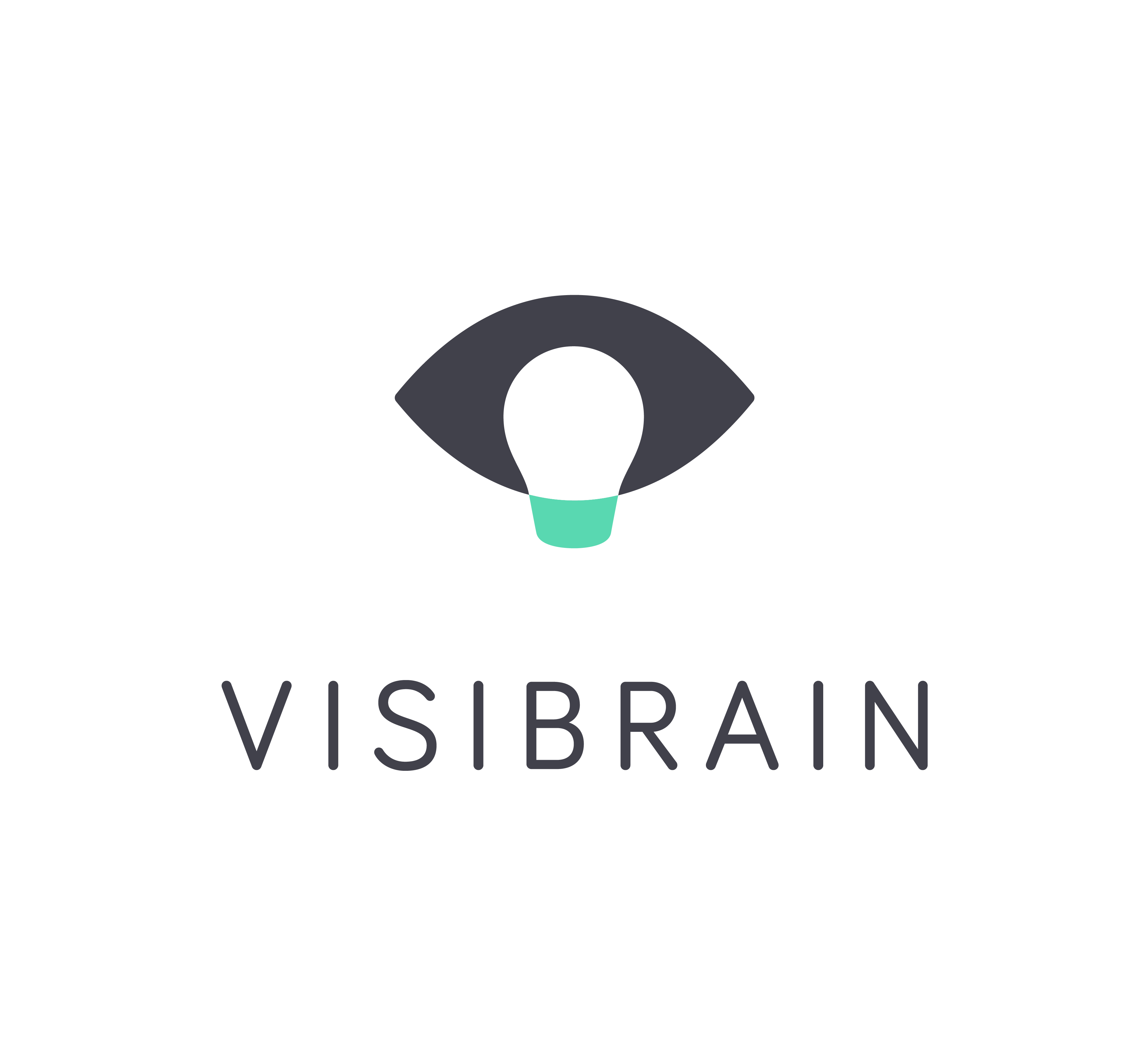You've probably seen the "children's book for adults," Go the - to Sleep. It's been making the rounds on Facebook and Twitter. And it just became the top seller on Amazon, a full month before its release date.
How'd this happen? According to Fast Company, the answer is piracy. Someone uploaded an illegal copy of the book, and it took off from there. People love it and it went viral. Excitement like that is contagious and this free advertising is turning into pure gold for this publisher on Amazon. This isn't new - we've seen it time and time again.
But isn't piracy bad? Didn't Napster, LimeWire and other peer sharing sites bring down the music industry? How can companies make money if people share their products for free?
But does free always get in the way of sales?
No, it doesn't. If we've learned anything from the rise of social media it's that consumers know what they like and will share it with peers. If consumers have a fantastic product experience, they will talk about it. And since word of mouth is the most trusted source of product information, this behavior drives sales. The better the product, the more this holds up.
Marketers who understand this dynamic can create tremendous activity and measurable sales. If you have a strong product with a compelling value proposition (or cute illustrations of kids mixed with hilarious copy), give FREE a try.






